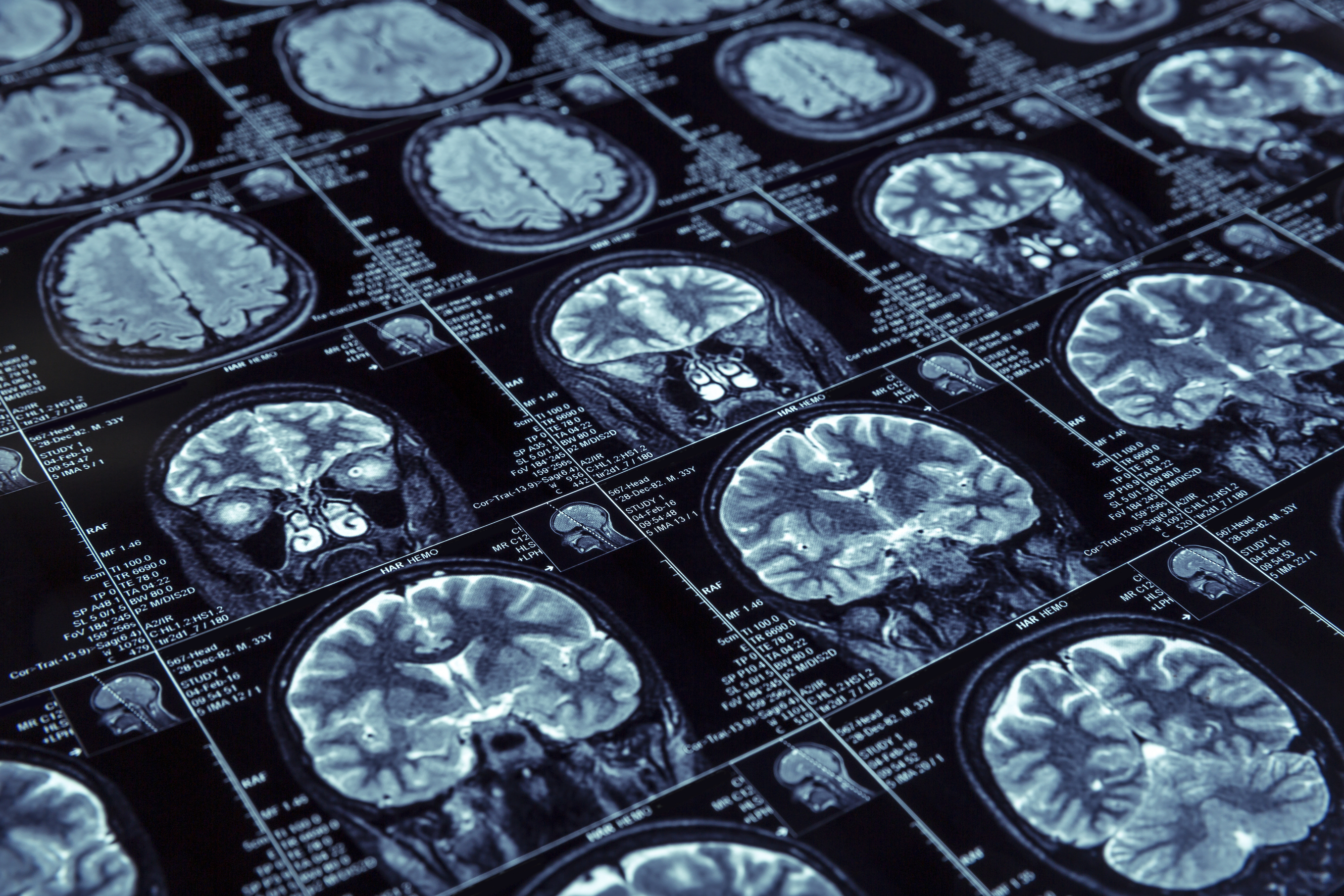Exscientia starts trials of AI-designed Alzheimer's drug

Exscientia has advanced a drug candidate for Alzheimer's disease into human testing, the third clinical-stage project for the UK specialist in artificial intelligence (AI) based drug discovery.
The new molecule – called DSP-0038 – is being developed by Japan's Sumitomo Dainippon Pharma (DSP), which is now starting a phase 1 trial in the US as a treatment for psychosis associated with Alzheimer's, and to see if it can improve behavioural and psychological symptoms of dementia.
According to the partners, DSP-0038 combines serotonin 5-HT2A receptor antagonism and 5-HT1A receptor agonism – two well established targets for antipsychotic drugs – in a single small molecule. At the same time it also avoids stimulating similar receptors, such as the dopamine D2 receptor, that can lead to unwanted side effects.
This type of selective dual targeting is a major challenge for conventional drug discovery techniques, according to Exscientia, which says its AI platform can take projects from concept to clinical trials in a matter of months rather than years.
Exscientia's AI platform – Centaur Chemist – shortens that by narrowing down the hunt for suitable molecules so that far fewer have to be tested in the lab.
The new project comes shortly after Exscientia and its development partner Evotec began human trials of cancer immunotherapy EXS-21546 in advanced solid tumours. In January 2020, DSP also started dosing patients in a study of DSP-1181, a drug for obsessive-compulsive disorder billed as the first AI-designed drug to enter the clinic.
Exscientia says it is the only company to have delivered three AI-derived compounds into clinical testing.
"This is further validation that our AI platform can turn complex biological challenges into high-quality clinical candidates quickly," said the AI firm's chief executive Andrew Hopkins.
"We hope that through the creation of DSP-0038 improved treatments for Alzheimer's disease psychosis will be realised."
Psychotic symptoms like delusions and hallucinations are estimated to occur in approximately half of all individuals with Alzheimer's, according to data from the US National Institutes of Health.
Survey finds pharma backs AI potential
Meanwhile, a new survey has suggested that while there is fairly broad recognition among pharma companies that AI can accelerate drug development, many face challenges using AI and other advanced digital technologies.
The poll of 300 senior pharma executives in the US and Europe found that 50% of them feel that AI can help bring new drugs to market more rapidly and securely, but almost as many (49%) said their company has no overarching strategy for AI.
Meanwhile, almost all the respondents (96%) reported facing challenges with using leading-edge technology to derive value from their data, and just 13% said they had a strong digital culture in place.
Those digital leaders are "reaping the rewards" of their foresight in embracing these technologies in the form of increased revenues, according to software firm AspenTech, which commissioned the survey from Financial Times company Longitude.
Moreover, 43% of pharma executives agreed that if companies in their industry fail to learn the lessons of AI and machine learning adoption from other sectors, they will be in severe financial trouble within two years.
"Our research shows pharma companies need to act now to tackle their data challenges and implement AI," said David Leitham, AspenTech's general manager, pharma.
"Advances in AI will relieve the growing pressures on them, built on the ability to break down the barriers between systems and types of data within production processes and supply chains," he added.













